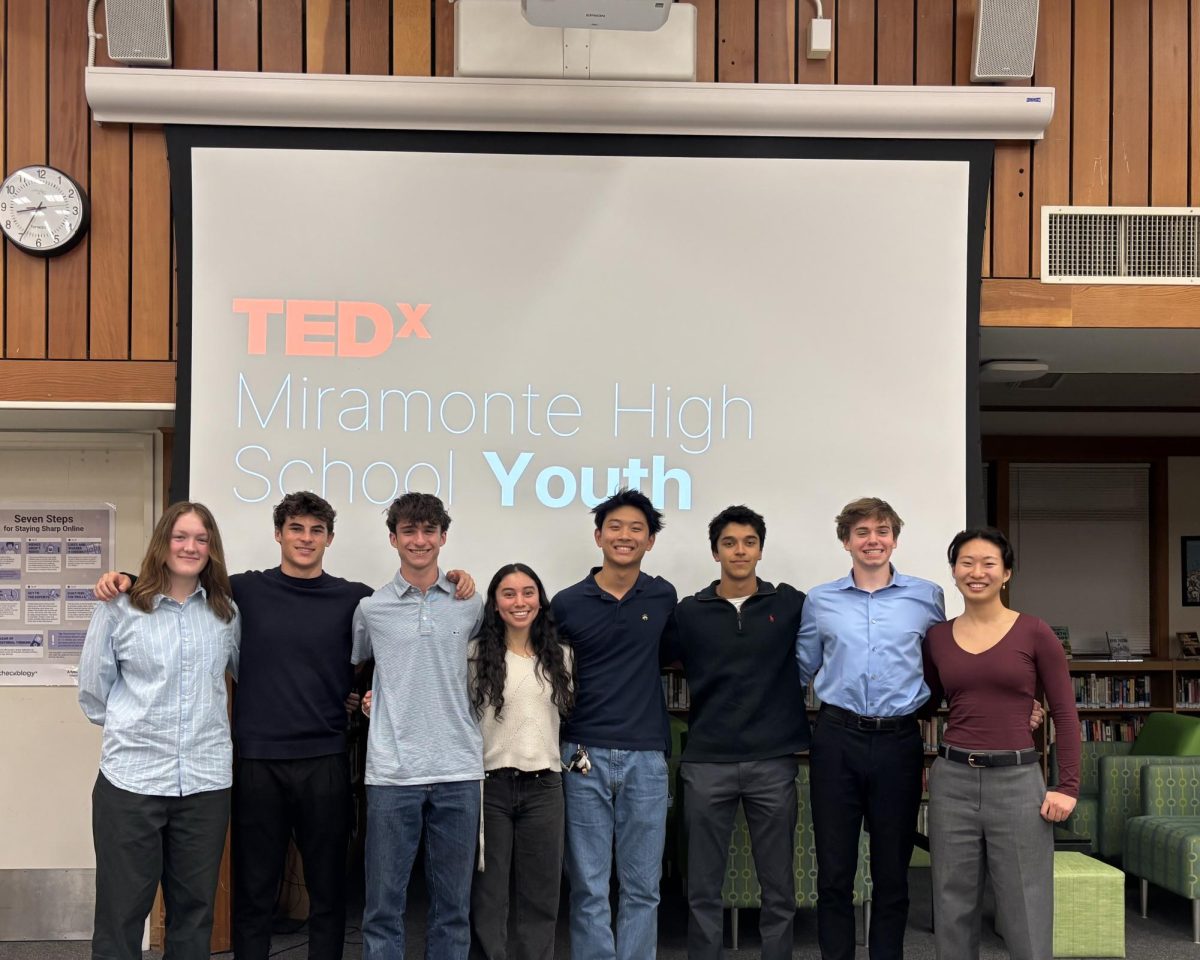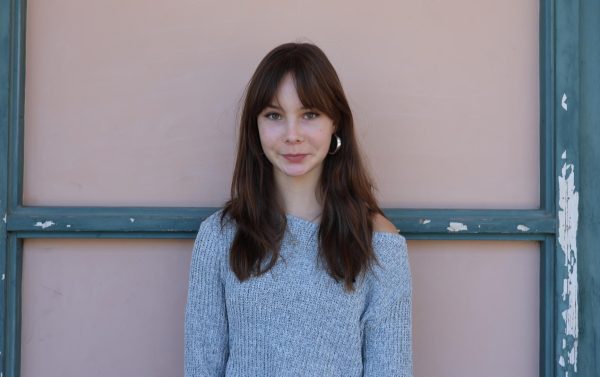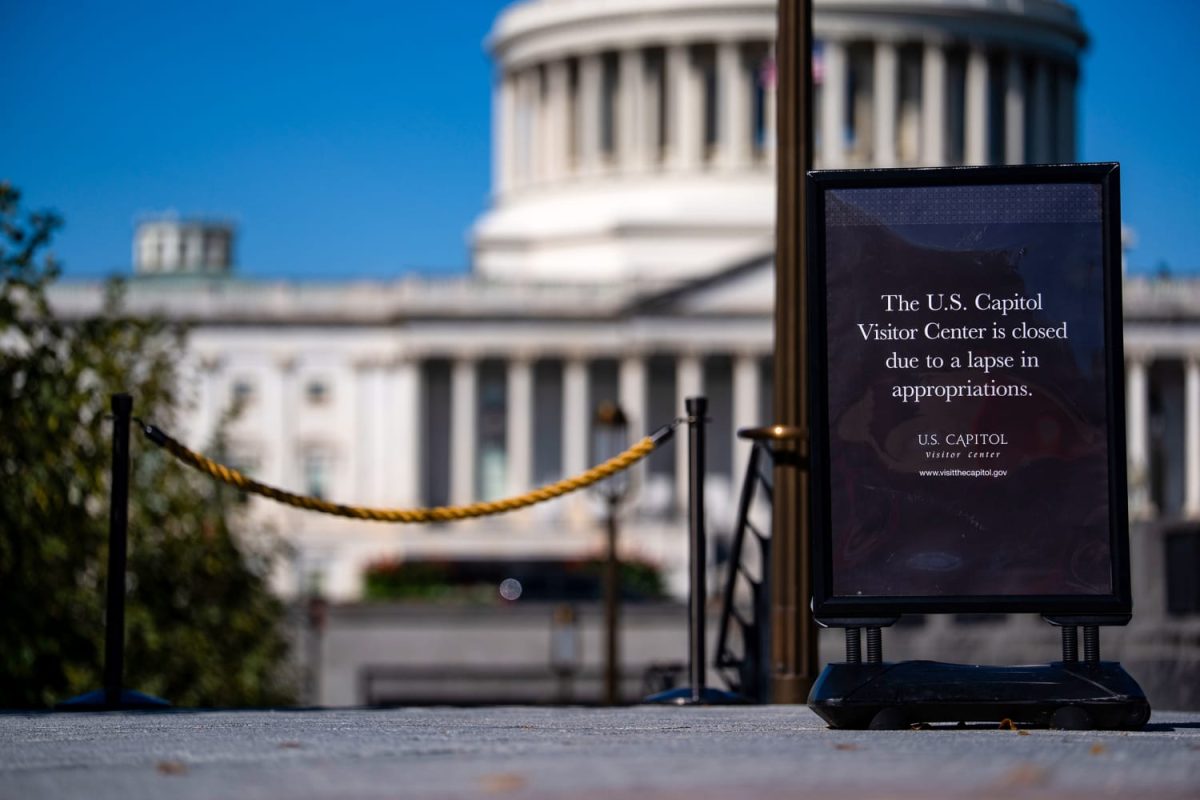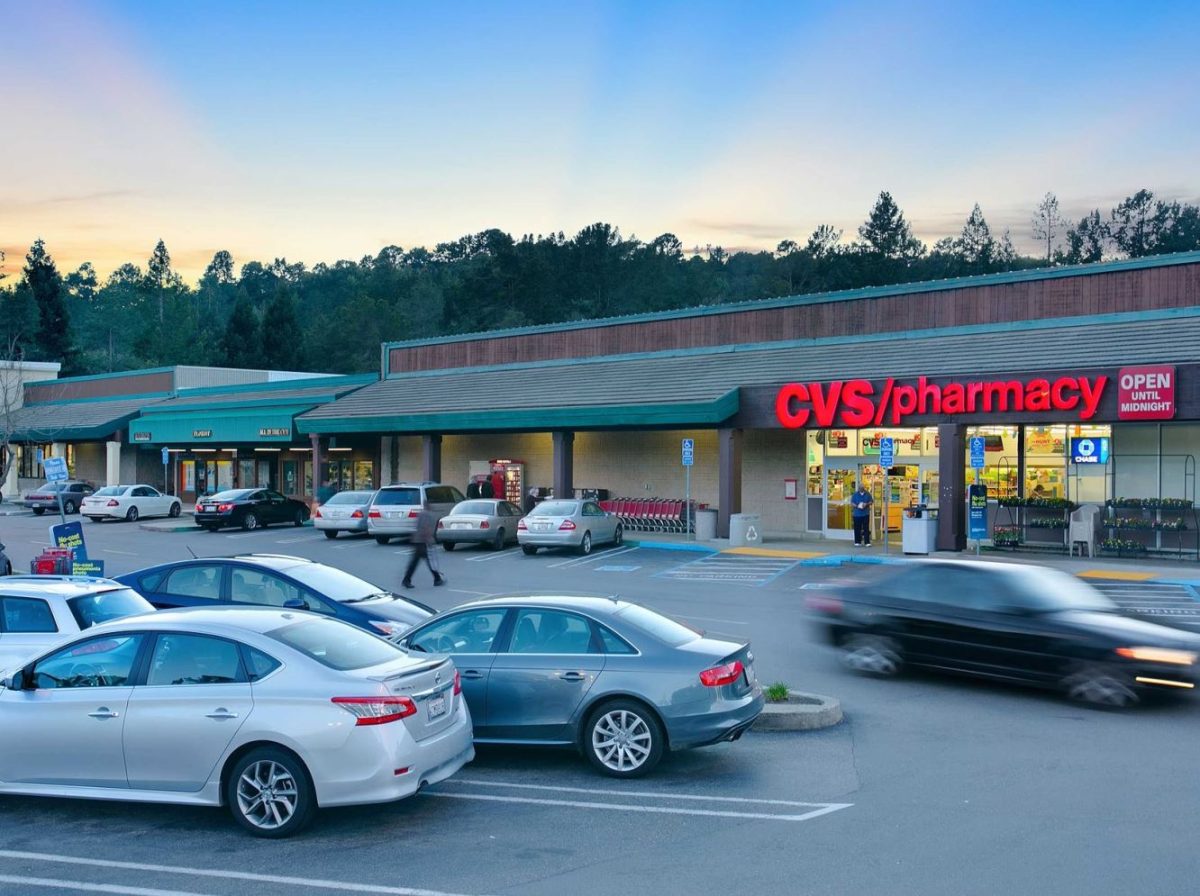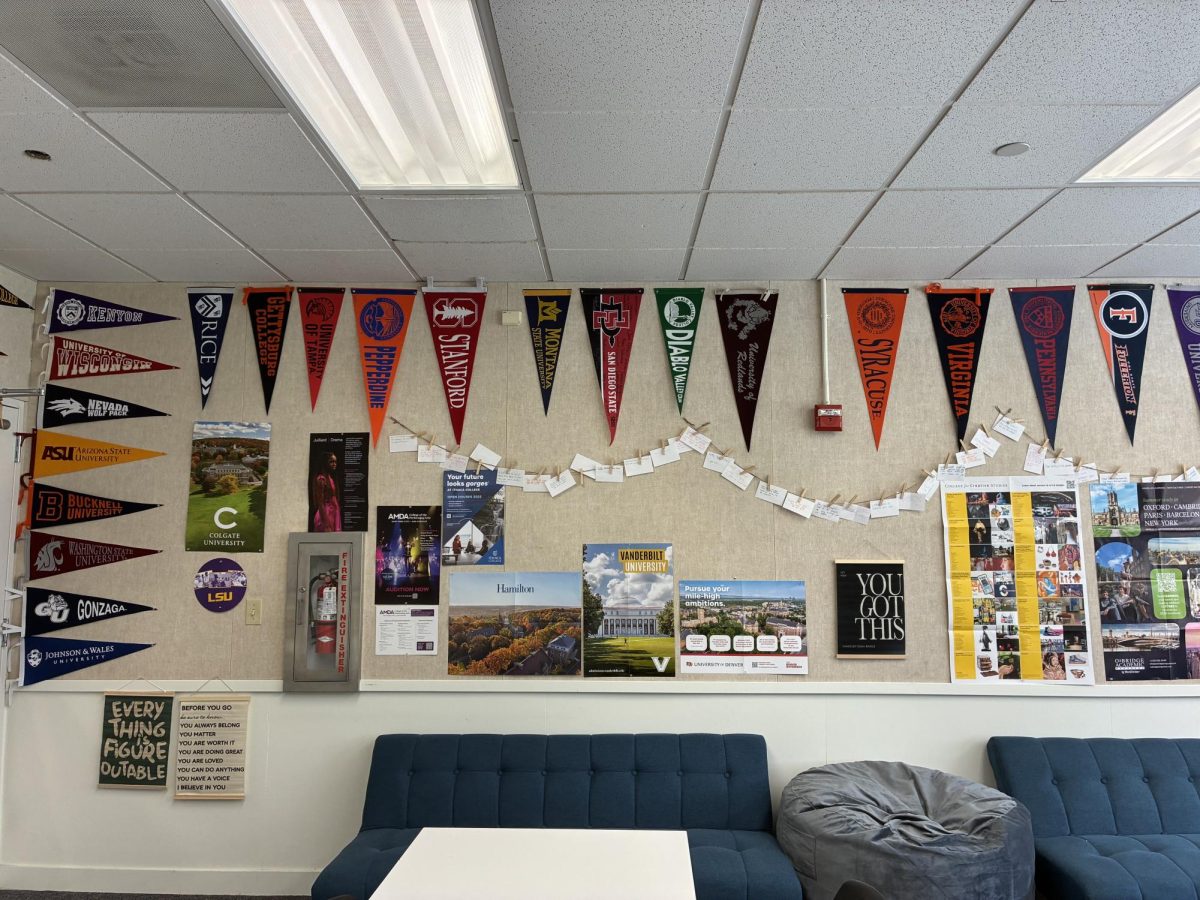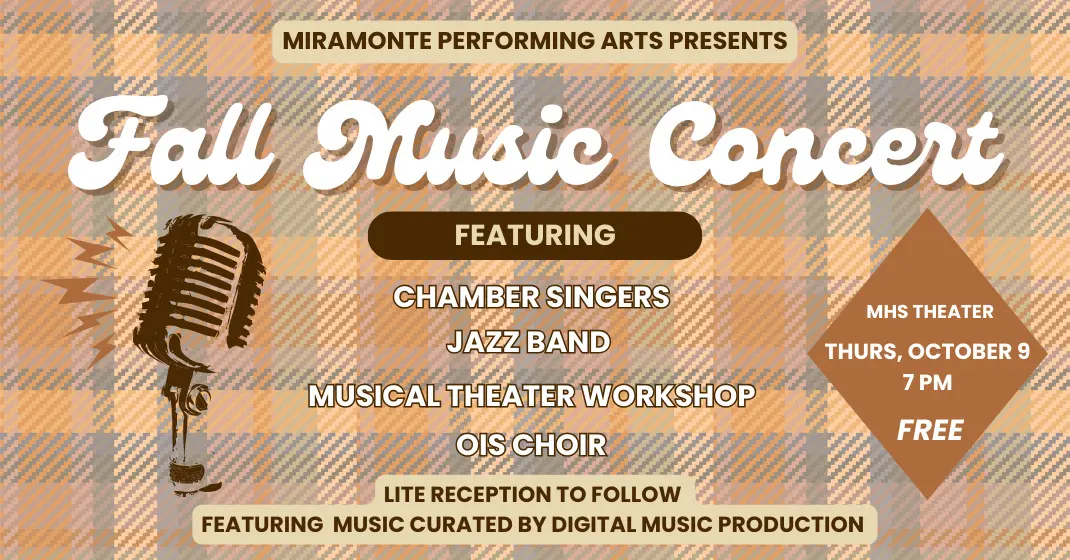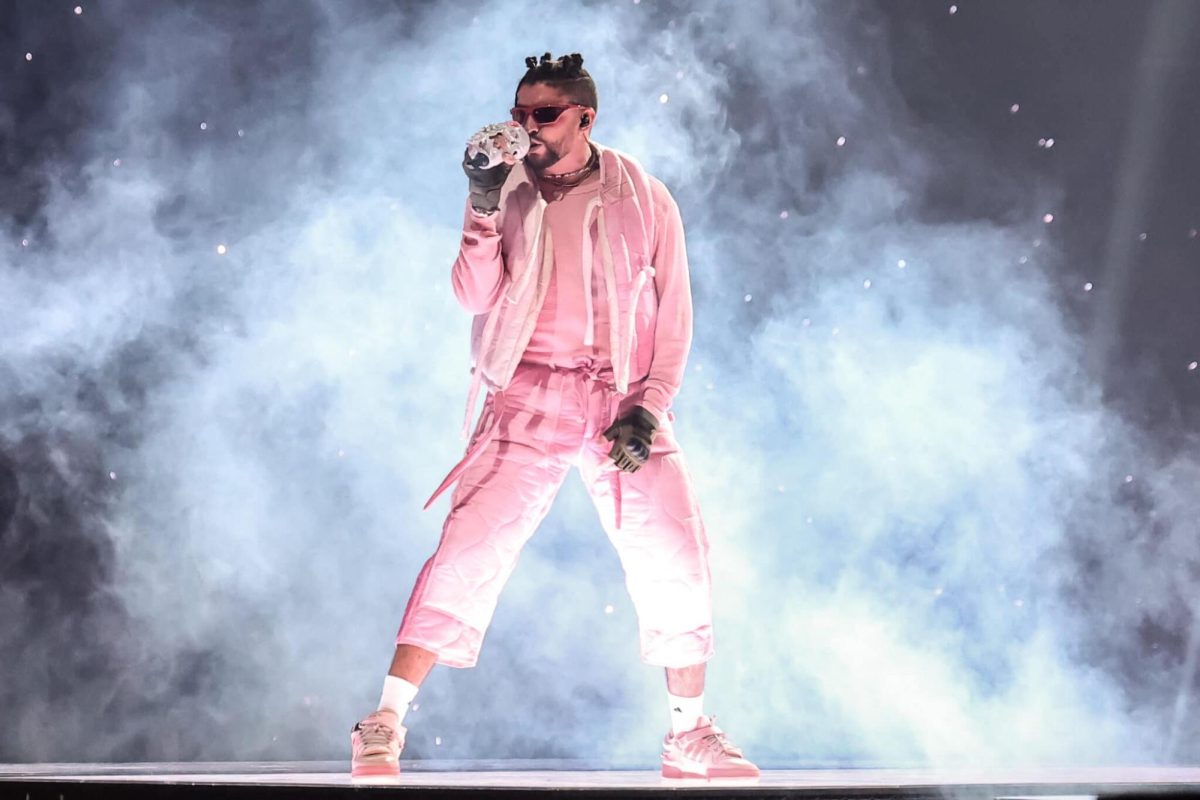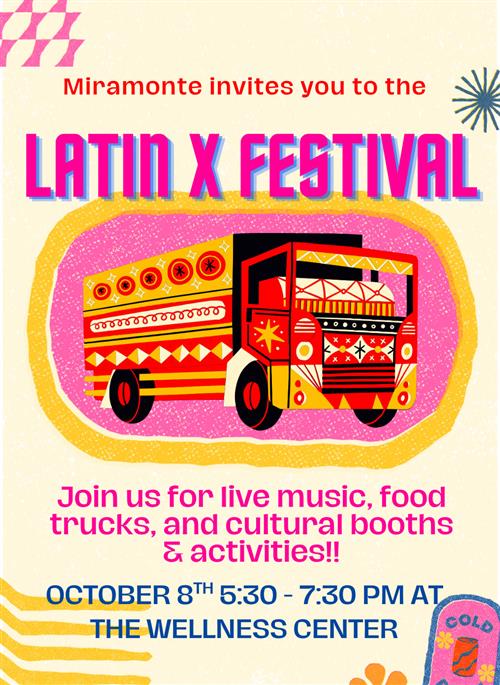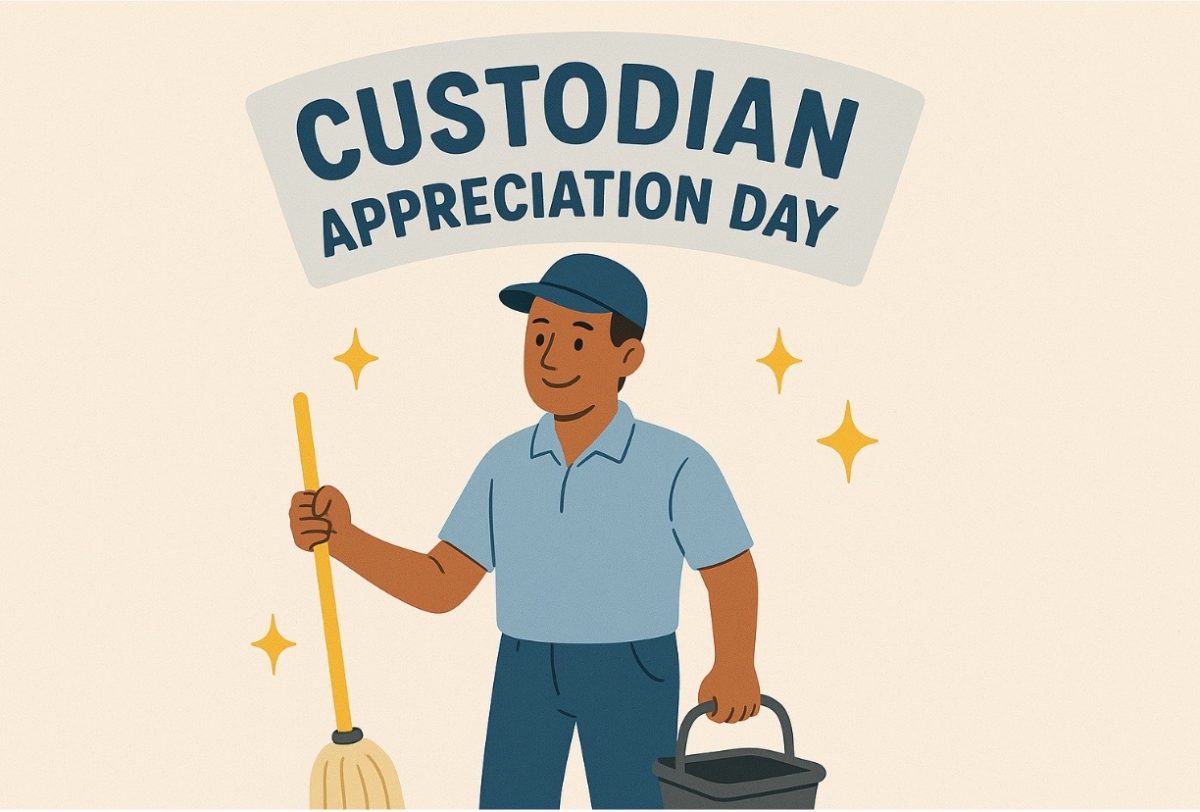TED (Technology, Entertainment, Design), the esteemed non-profit organization behind TED Talks, has come to Miramonte.
Last Wednesday, Miramonte hosted TedxMiramonte High School, an event open to both students and family. Located in the library and occurring from 7:00 to 8:30 p.m., the event featured a variety of student speakers covering a diverse range of topics. This event was organized by Andy Su, Jonathan Su, Charles Metherd, and Maegan Eichenberger, and was arranged with the help of Miramonte faculty.
The event, announced through Canvas on Sept. 15, was open for student speaker applications until Sept. 21. Although the theme was “Exploring Complexities Within Society,” applicants were encouraged to be broad with their interpretations.
“[We] were mainly looking for originality and connection to the common theme of the talk, which is ‘Exploring Complexities Within Society and Identity’,” Su said. “Additionally, we emphasized representing a diverse number of ideas — our current lineup consists of everything from the use of the r-word in society, to feminism, to the shortage of particle accelerators that can treat cancer.”
Su, the primary organizer of the event and a senior at Miramonte, became inspired after hearing his peers’ experiences with extracurriculars.
“I really had the inspiration to do the talk because of the amazing extracurriculars and ideas that a lot of my own peers had shared with me at school. Miramonte students are out doing amazing stuff, such as conducting research outside of school or working with high-level organizations on important subjects,” Su said.
With this theme in mind, speakers shared their thoughts on topics ranging from society’s misconceptions of feminism to the importance of giving others the benefit of the doubt.
One speaker, Lorelei Keenan, shed light on both the history of the r-word and the return and normalization of the word in her speech titled “No Joe Rogan, We are not Bringing Back the R-Word.”
“My brother, Simon, has Down syndrome, so the disability community has always been really close to me. And then, also, just through life, I always hear the r-word, so it’s interesting to have both of those perspectives, and then also see it a lot in our politicians today,” Keenan said. “[…] I thought it was a perfect time to really understand and research why that happens and what we can do to prevent it.”
Senior Olivia Park focused her speech on the concept of feminism and how commonly it can be misinterpreted.
“[…] What it means to be feminist has been misconstrued, because feminism was never meant to force women into traditionally male roles. It was always meant to give women the choice: the choice to choose between engaging in traditionally male careers and breaking into those fields or doing anything that their heart is set on,” Park said.
Senior Rishi Haldar centered his speech around the long-term impacts of redlining in the Bay Area, a discriminatory and now-illegal practice of denying financial services to certain areas of a city based on race and class, using statistics and data to analyze historical trends and socio-economic context.
“[…] My teacher, Ms. Sorenson, she really taught me how significant graphs are. She said something along the lines of […] graphs are more than just numbers and lines on a plane; they have the ability to tell a story,” Haldar said.
Weston Benner, a freshman at Stanford University, spoke of youth’s increasing dependency on AI, its harmful effects, and actions we can take to minimize its impact on us.
“See, we don’t even view it as cheating anymore. In fact, most of the students I talk to see it as another tool. But that’s so problematic, because we now feel that we have to use AI to keep up. If you do it the old fashioned way, you fall behind,” Benner said.
Senior Sebastian Ziegler spoke about the process of learning how to learn, and how different tools, like AI, can assist with students’ education.
“For a long time, I felt really disconnected from my tests, my assignments and my lessons, because it was difficult for me to see the practicality, the applicability and the ‘why’ behind learning. A lot of that changed for me when I started asking different questions, like, ‘Why does this matter? How does it connect? And how can I make this stick?’,” Ziegler said.
Lastly, junior Bridget Harwood spoke about the importance of giving people the benefit of the doubt and how first impressions can be misleading.
“When you meet someone new, think of your first impression of them as the first two lines in a sheet of notes about a particular topic or event. You wouldn’t say based on two short lines that you know everything about the civil war, but you can fill in the rest of the page by learning more,” Harwood said. “So, my advice is to be open to second or even third impressions.”
This assortment of speeches, each one relating to the theme of societal complexity, illustrates the many voices and perspectives of local students.
“The future of our generation is inevitably complex and confusing, and I wanted to shine some light on some ways Miramonte students are tackling these issues and sharing their insights, especially in the Lamorinda community,” Su said.
While Miramonte has hosted one previous Tedx event, there are currently no future plans for another one.
TedxMiramonte High School is now available on Youtube.

